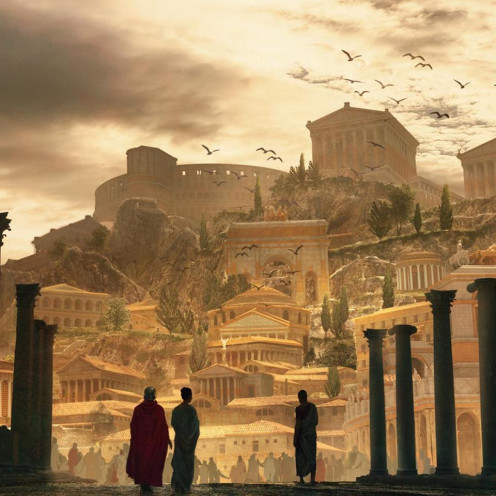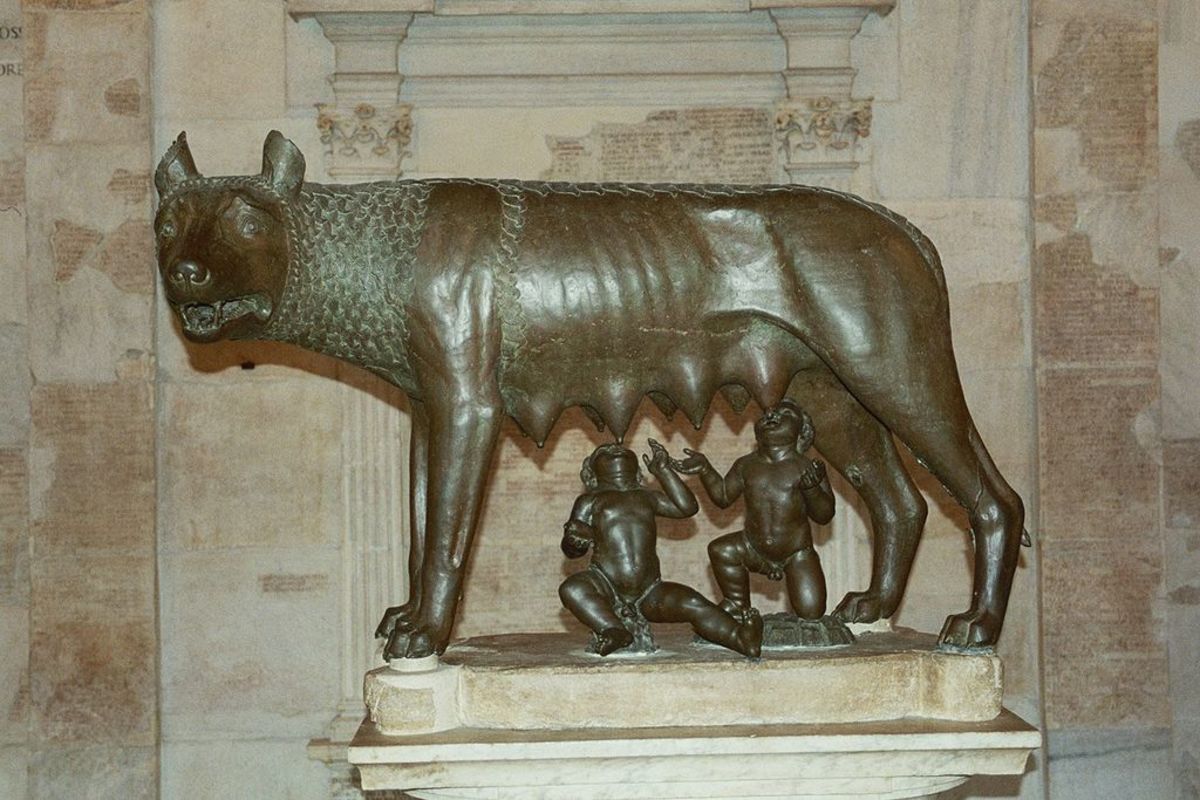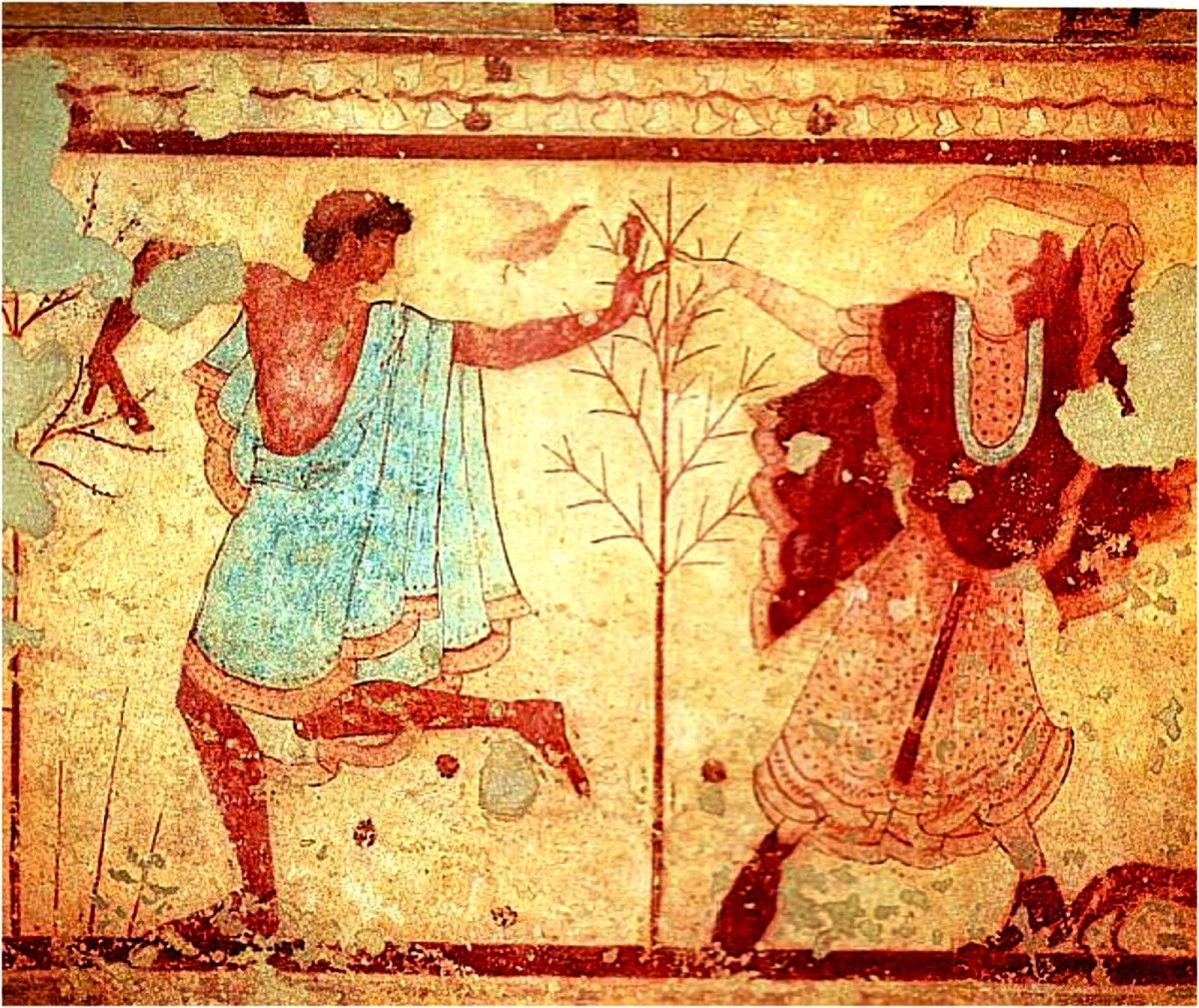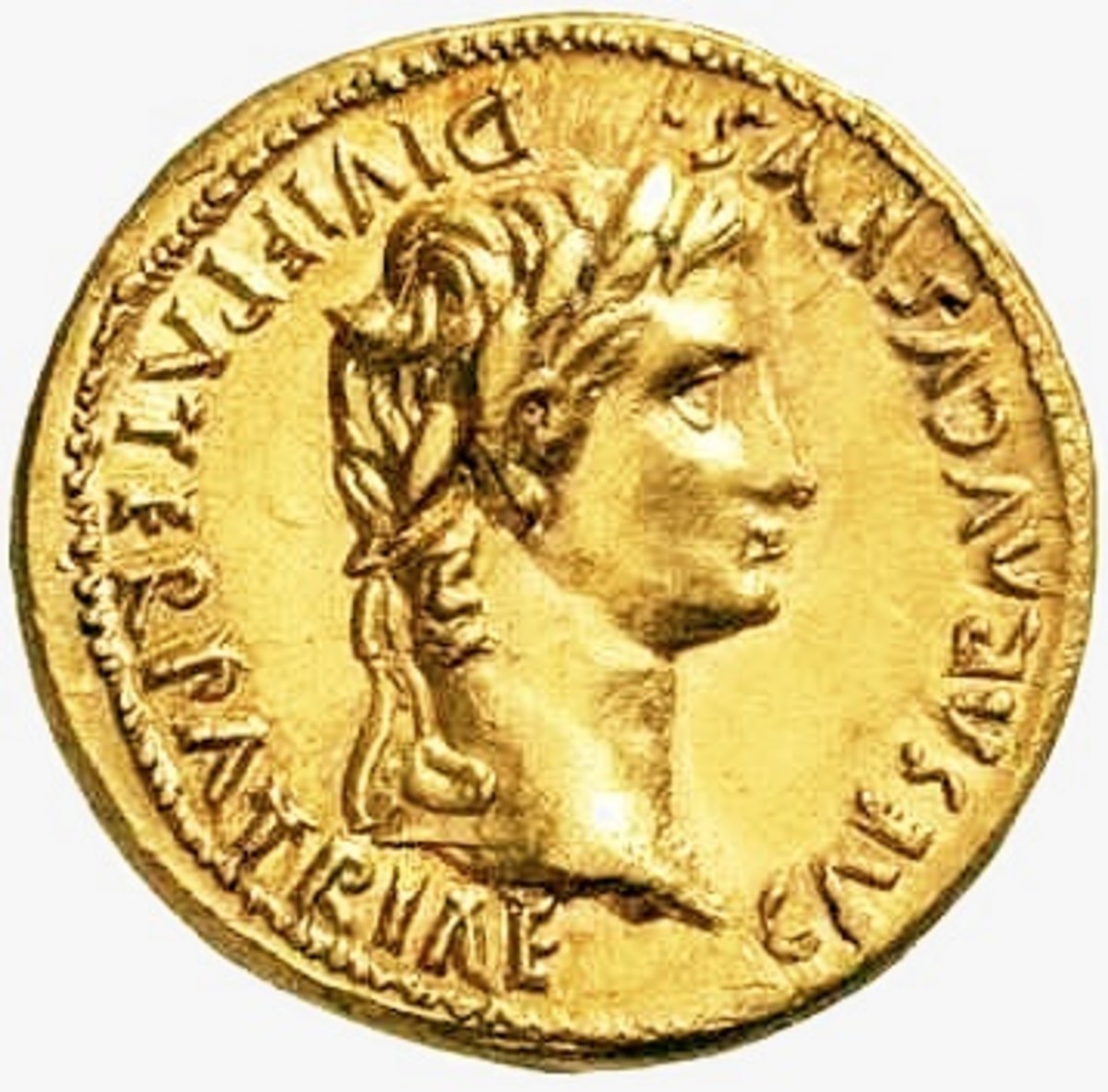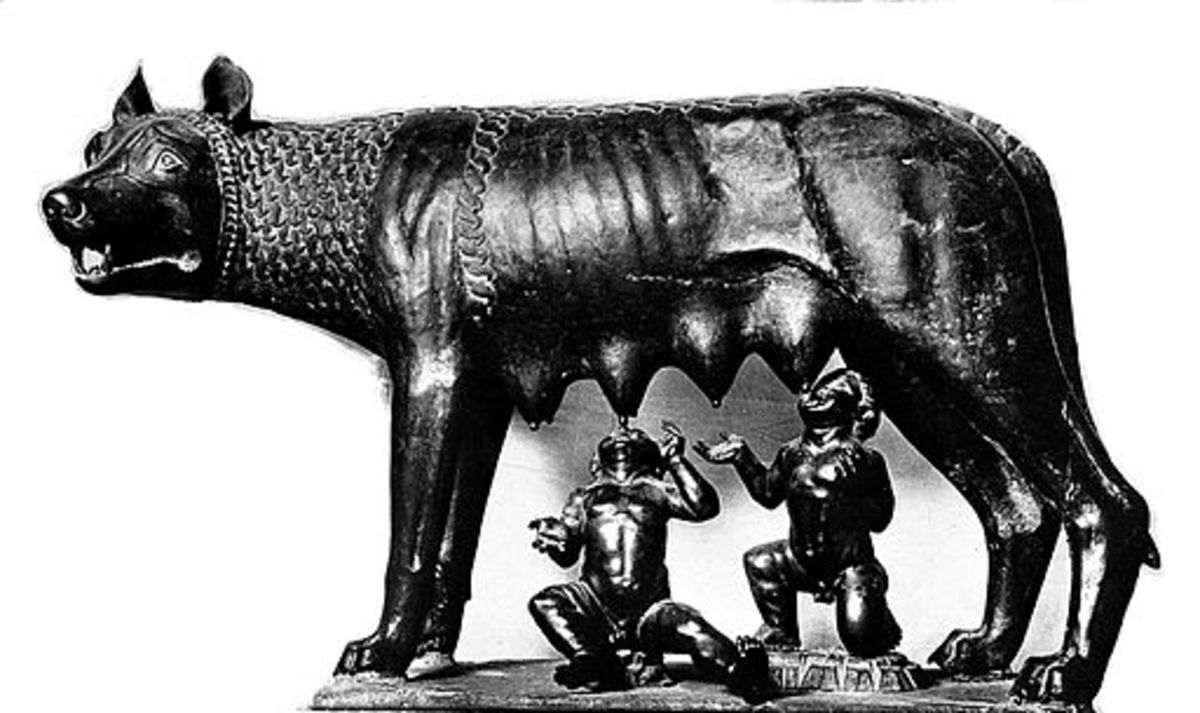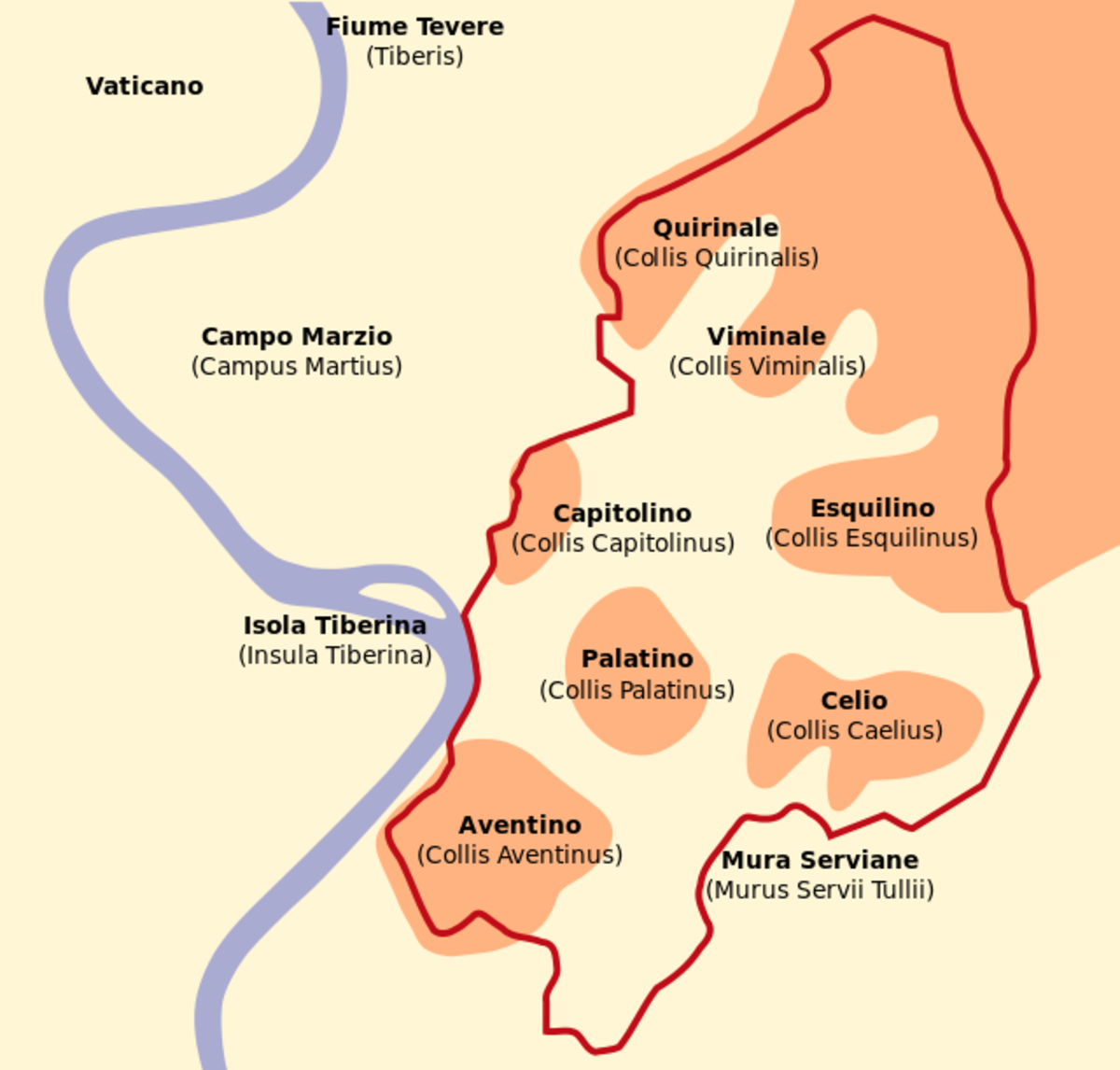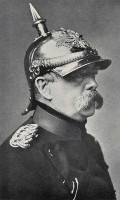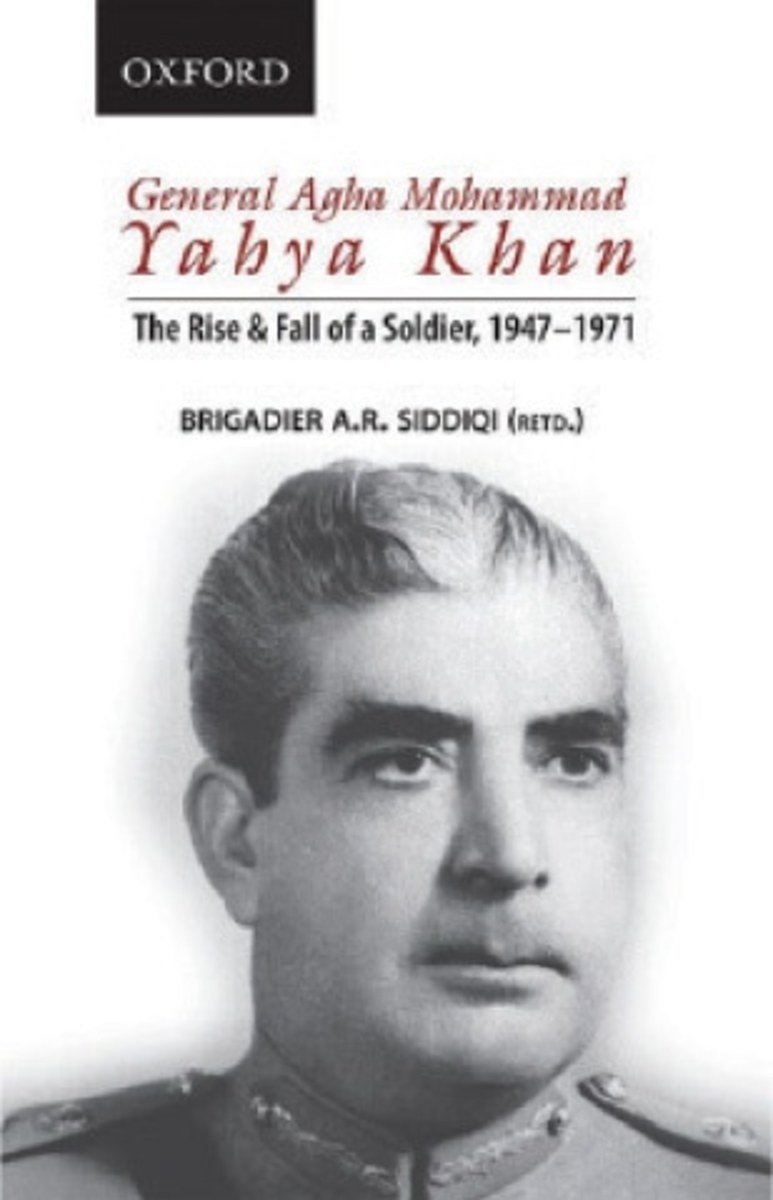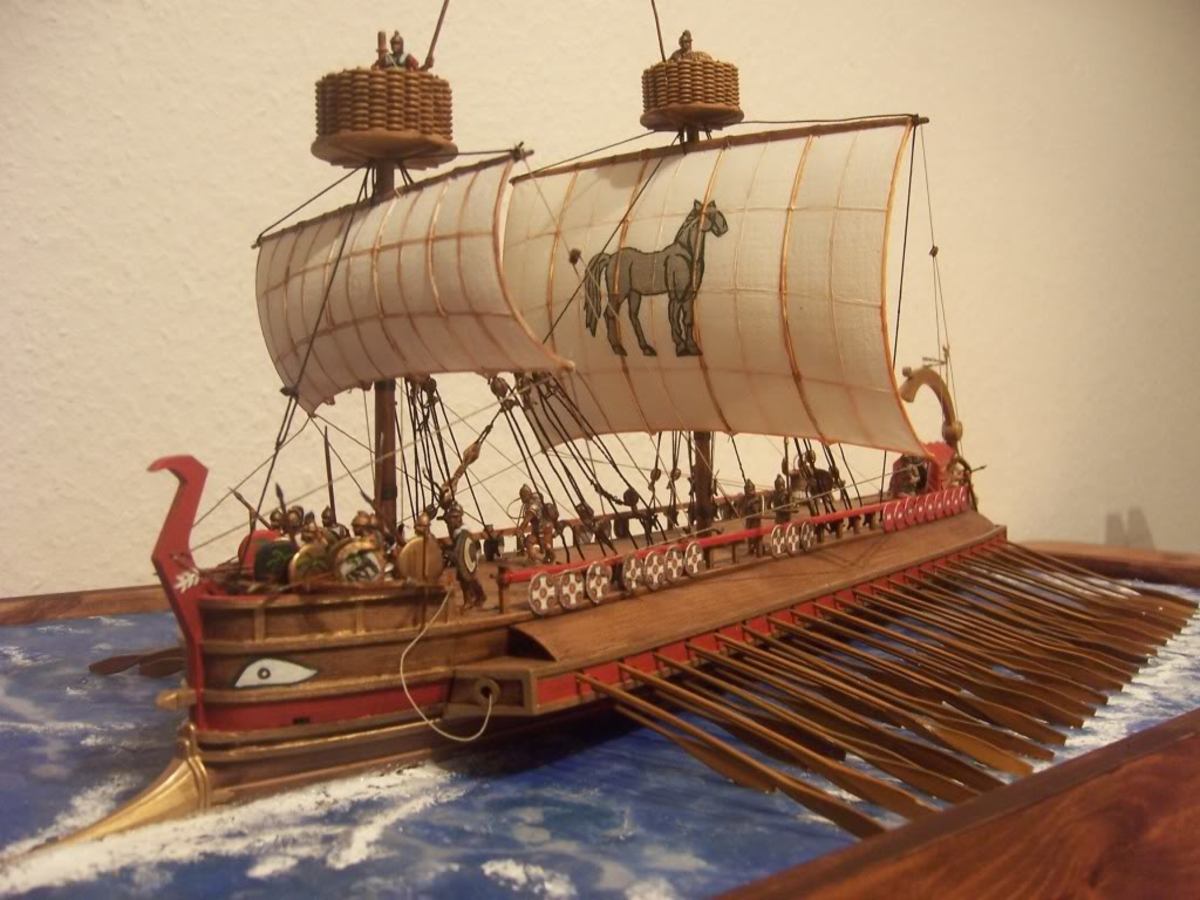The Romans: A Simple Trading Village
Part 1: The Legend
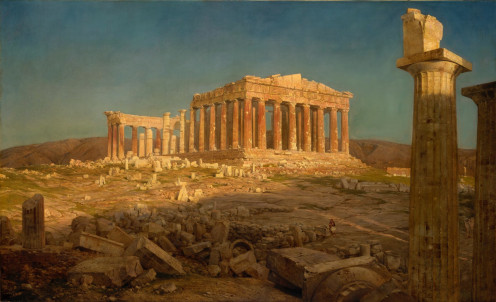
In this series of articles we take a look at the Roman Empire, from the beginning to the end.
What was life like, for the average roman citizen?
How did their politics and social structures work?
And why did it all come to an end?
As with anything historical, there is room for debate.
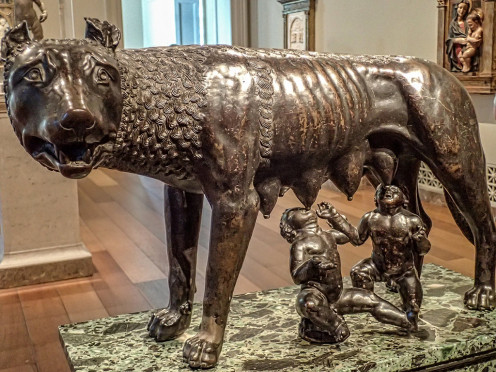
Romulus & Remus
The most famous legend of how Rome was founded envisions two brothers/demigods getting into an argument on April 21st 753 BCE. As to where the city will be located, or in other versions, who will be its ruler.
With Romulus ultimately killing his brother Remus, and naming the city we now call Rome after himself.
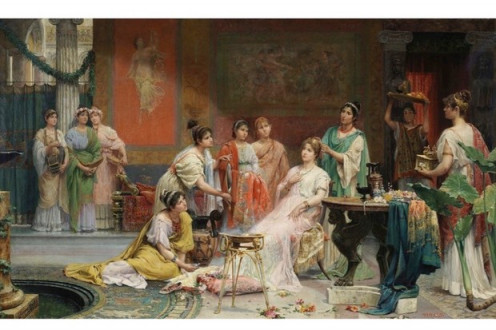
A Woman's Scorn
Another popular legend claims roots to the famous city of Troy.
With the founding being attributed to a woman named Roma. Who traveled with the Trojan Hero Aeneas, son of Venus and the other survivors that fled the city of Troy after it fell to the Greeks, sometime around 950 BCE.
Both are interesting theories and hold a certain level of divinity as well as possible truth.
Which by the time Rome would become an Empire, and this wouldn’t happen for at least another 700 years. Was important for the citizens of Rome to believe in.
A Roman Village
Long before the gladiators were headlining at the Colosseum. Rome was laying its foundation and preparing itself to change the world forever.
Starting out as trading village on the Tiber River. Rome was a melting pot of different ideas and cultures. Drawing a strong influence from the Greeks, as well as the Etruscans.
Although some debate how significant of a role the Etruscans may have played in the early days of Rome. It is clear, the Etruscans were experienced in trade and therefore were, most likely the ones who provided the model for the Romans to learn and then expand upon.
This economic background taken from the Etruscans with the literacy and philosophical influences borrowed from the Greeks.
Rome was prepared to extract the best qualities of it neighbors from the beginning. A trait that would later weigh heavily in its ability to transition into an Empire.
